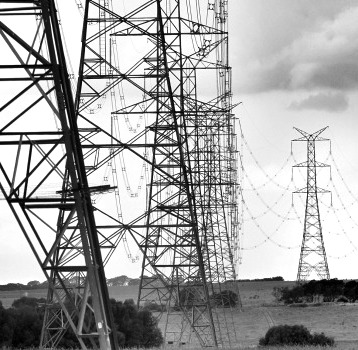Ex-AEMO head expects intervention
 A leading energy expert has given some context for major government interference in the sector.
A leading energy expert has given some context for major government interference in the sector.
According to former AEMO chief Audrey Zibelman, electricity is an essential service and it is not surprising that governments are playing a major role in guiding the transition to a lower carbon future.
Zibelman believes that the US President Joe Biden’s US$437 billion Inflation Reduction Act is creating a larger market for climate technologies that Australia is well-positioned to develop given its vast renewable resources.
She is currently advising the Biden administration on infrastructure and is also guiding the Victorian government’s plan to revive the State Electricity Commission (SEC). This is a major pushback against the 1990s privatisation regime of the Kennett Liberal government.
Zibelman stated that governments would never be “far away” from the provision of electricity, particularly at a time when the world is facing a complicated transition.
She believes the world cannot have a healthy economy without reliable, affordable, and clean energy, and that it is naive to assume that the generational change to lower carbon energy can be made without government involvement.
However, she also believes that government intervention in energy markets should attract private investment too.
She argues that it is essential for governments to develop a well-structured role in securing an affordable, reliable green energy future that stimulates capital and provides solutions where markets may not be mature enough to attract investment.
Zibelman works as an advisor to climate firm Pollination, Andrew Forrest’s Squadron Energy, and is a director of US battery manufacturing company Eos Energy Storage.
Despite the fact that Australia may not have the financial resources to match the Inflation Reduction Act, Zibelman believes that being a small market in global terms has its advantages.
She argues that Australia should consider how it can lead the world in technology, solutions, markets, policies, and systems. Zibelman thinks that Australia can move more quickly than larger, more fragmented markets.
Ian Learmonth, the CEO of Clean Energy Finance Corporation, believes that the election of the Albanese government and its pledge to cut emissions by 43 per cent by 2030 has opened up a new era for his federally funded organisation.
He says that the CEFC is increasingly looking to fund energy storage, large-scale transmission infrastructure, and hard-to-abate sectors like industry and hydrogen to displace gas where electrification is not feasible.








 Print
Print